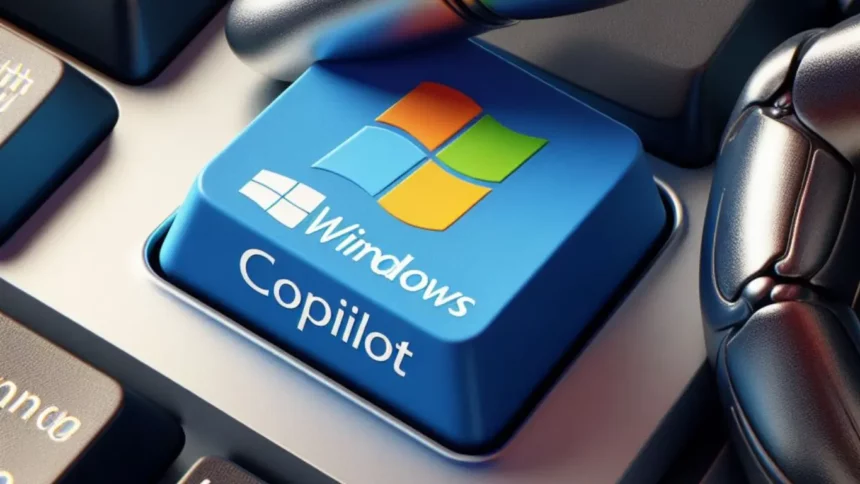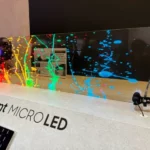Microsoft just shared that they’re putting a new button on Windows keyboards called the Copilot key. This is the first time they have added something to Windows keyboards since they brought the Windows key back in 1994.
In 2023, Microsoft introduced its Copilot AI assistant for Windows. It’s like an intelligent chatbot buddy part of the Windows 11 system. Think of it as Microsoft’s version of tools like ChatGPT or Bard, helping users in various ways. Microsoft built Copilot on OpenAI’s GPT-4 language model.
The cool part is that they want Copilot to be super useful, especially because it works closely with other programs on your Windows computer. It looks like Microsoft has big plans for Copilot in 2024!
Microsoft’s executive vice president and consumer chief marketing officer, Yusuf Mehdi, highlighted that the Copilot key is a key player in creating a smarter and more personalized future for computing. It’s like a doorway to seamlessly bring AI into Windows. This unique key is your ticket to connect with Copilot, assisting with everyday tasks on your computer.
After the big reveal of ChatGPT, Microsoft is diving deep into the AI wave that’s taking over. Even though it already owns 49% of ChatGPT’s parent company, OpenAI, Microsoft is planning something big with its AI tool. And guess what? It’s not just for Windows computers!
In 2023, Microsoft shook hands with Inworld AI to create an AI toolkit for video game creators. It’s a long-term partnership, so there’s no set date for when this game-changing toolkit will hit the scene. According to an Xbox bigwig, this toolkit has the potential to revolutionize gaming. It’ll make life much easier for developers, letting them whip up dialogues, stories, quests, and more. Looks like AI is set to play a significant role in the future of game development.
This fantastic new key on PC keyboards is all about Microsoft’s journey with Windows and staying up-to-date with tech progress. As the Copilot key starts showing up, it’s here to help users dive into the AI world more effortlessly. It’s like Microsoft’s way of shaping the future of how we use computers.









